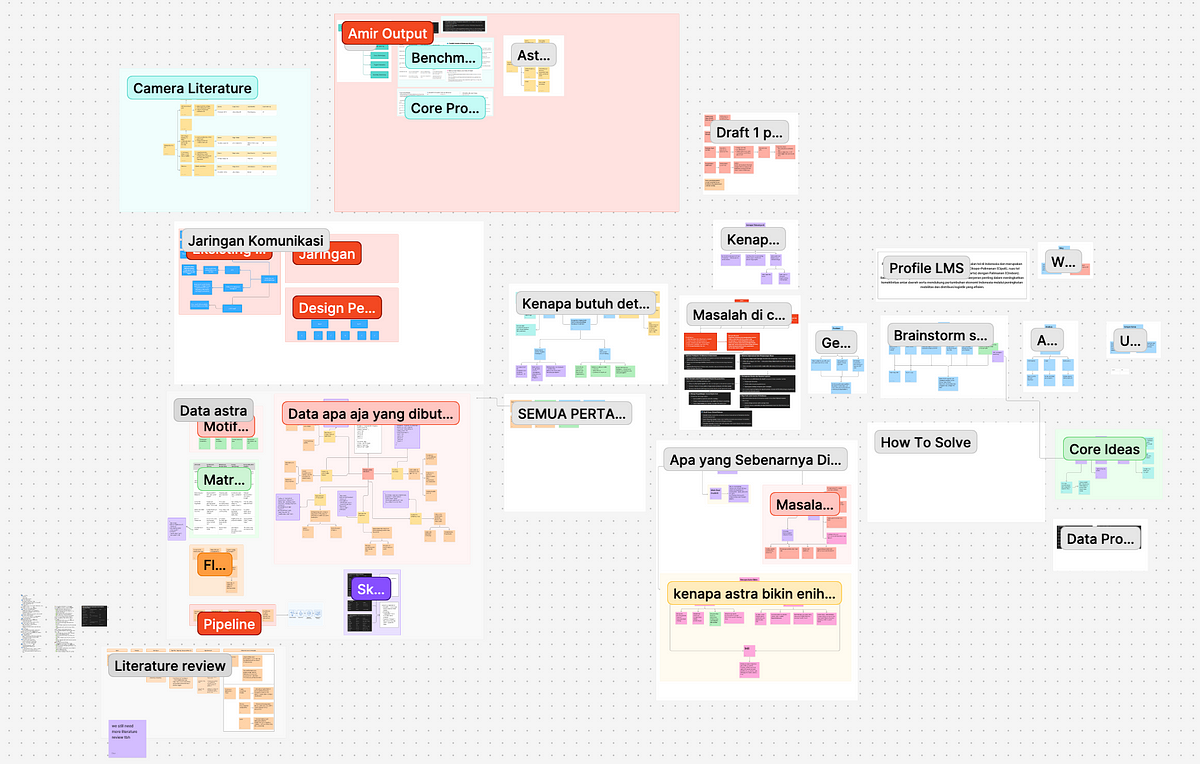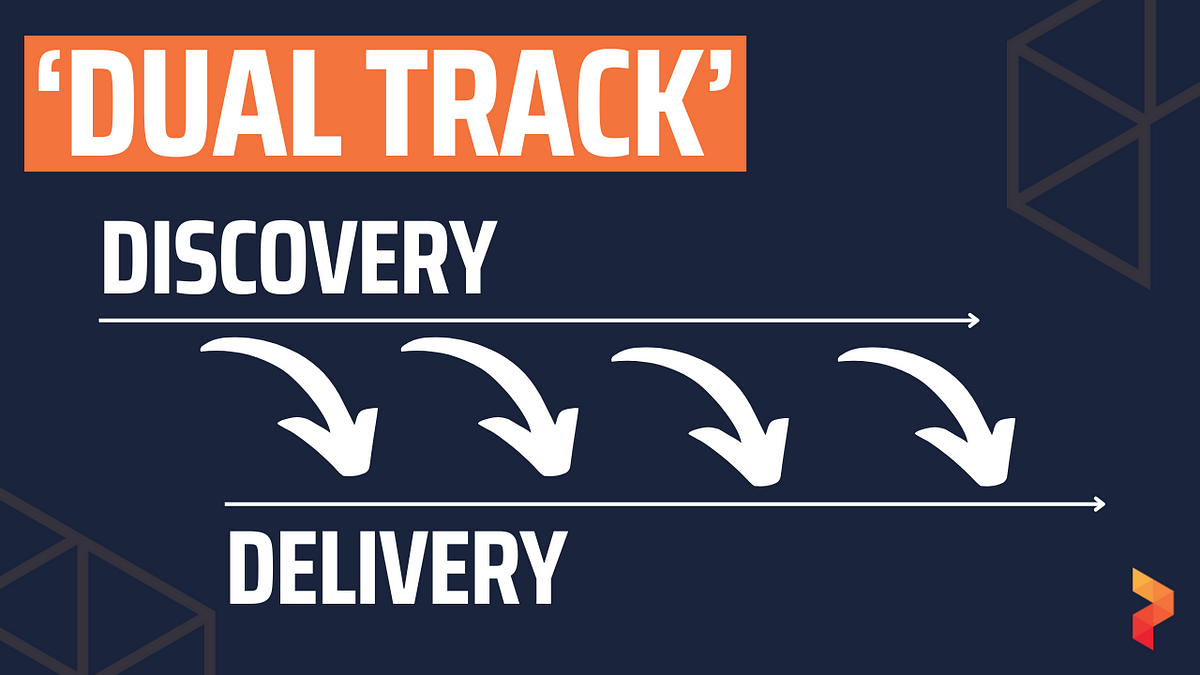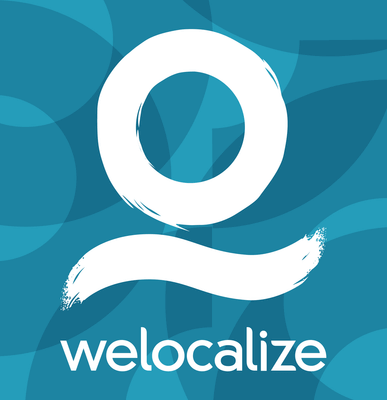Cancer Diagnostics Market Insights 2025-2033| Growth & Opportunity Analysis
Cancer Diagnostics Market

Press Release: Global Cancer Diagnostics Market to Reach USD 345.57 Billion by 2033, Driven by Early Detection and Technological Innovation
According to a recent market intelligence report, the global Cancer Diagnostics Market is poised for robust growth, expanding from USD 184.37 billion in 2024 to an estimated USD 345.57 billion by 2033. This reflects a compound annual growth rate (CAGR) of 7.23% from 2025 to 2033.
Rising global cancer prevalence, breakthroughs in diagnostic technologies such as liquid biopsies and next-generation sequencing (NGS), and the growing push for early cancer detection and personalized medicine are driving this transformation. As cancer remains one of the leading causes of mortality worldwide, stakeholders across healthcare systems are investing aggressively in diagnostic infrastructure and innovation.
Market Overview: Early Detection and Precision Medicine at the Forefront
Cancer diagnostics encompass a broad range of tools and methods used for early and accurate detection of cancer types, stages, and biological markers. These include traditional imaging techniques (MRI, CT, PET), tissue and liquid biopsies, blood-based biomarker tests, and cutting-edge molecular diagnostics such as in situ hybridization and immunohistochemistry.
Timely and precise diagnostics are increasingly recognized as essential not only for improving treatment efficacy but also for lowering mortality rates and enhancing patients' quality of life.
Market Size and Forecast at a Glance
|
Metric |
Details |
|
Market Size (2024) |
USD 184.37 Billion |
|
Forecast Size (2033) |
USD 345.57 Billion |
|
CAGR (2025–2033) |
7.23% |
|
Base Year |
2024 |
|
Historical Period |
2020–2024 |
|
Forecast Period |
2025–2033 |
Key Market Drivers
1. Rising Cancer Prevalence
Cancer incidence continues to rise globally. According to the International Agency for Research on Cancer (IARC), over 20 million new cases were reported in 2022, and that figure is projected to grow to nearly 30 million by 2040. With 1 in 5 people expected to develop cancer during their lifetime, the demand for early, accurate, and accessible diagnostics has never been greater.
2. Advancements in Diagnostic Technology
Innovations such as liquid biopsies, NGS, and artificial intelligence (AI)-powered imaging are revolutionizing cancer diagnostics. These technologies enable minimally invasive, faster, and more precise identification of cancers and their mutations. In September 2024, new AI collaborations brought over 20 algorithms into digital pathology platforms, improving real-time diagnostic accuracy.
3. Government Initiatives and Public Health Funding
Countries are launching comprehensive cancer screening programs and funding public-private R&D collaborations. Notably, in February 2024, a Children and Young People Cancer Taskforce was introduced to advance pediatric cancer detection and treatment. Global initiatives like the U.S. Cancer Moonshot also aim to reduce cancer deaths by 50% over the next 25 years.
Key Market Challenges
1. High Cost of Diagnostic Tools
Advanced diagnostics like molecular imaging and genomic sequencing are cost-intensive, hindering widespread adoption in low- and middle-income countries. Equipment, skilled labor, and reagents drive up operational costs, creating accessibility challenges for underserved populations.
2. Limited Access in Rural and Developing Regions
Lack of trained personnel and infrastructure in rural or economically disadvantaged areas delays early cancer detection. Many regions do not have access to molecular diagnostic labs or advanced imaging, reducing diagnostic accuracy and impacting treatment outcomes.
Segmentation Overview
By Application
- Breast Cancer
- Colorectal Cancer
- Cervical Cancer
- Lung Cancer
- Prostate Cancer
- Skin Cancer
- Blood Cancer
- Kidney Cancer
- Liver Cancer
- Pancreatic Cancer
- Ovarian Cancer
By Test Type
- Tumor Biomarkers
- Imaging (MRI, CT, PET, Ultrasound)
- Biopsy
- Liquid Biopsy
- Immunohistochemistry
- In Situ Hybridization
By End User
- Diagnostic Centers
- Hospitals & Clinics
- Research Institutes
- Others
Regional and Country-Level Insights
United States
The U.S. remains the global leader in cancer diagnostics due to high healthcare spending, robust R&D, and government backing such as the Cancer Moonshot initiative. Companies are focusing on developing next-gen diagnostic instruments that enhance precision and speed.
Germany
Germany is a major player in the European market, driven by government-funded research, high awareness, and widespread use of advanced technologies like liquid biopsies and NGS. The country has recorded tens of thousands of new cases annually across breast, bowel, and prostate cancer.
India
India’s cancer diagnostics sector is growing rapidly, driven by increasing cancer incidence, rising public awareness, and improvements in healthcare infrastructure. Government-backed screening campaigns and public-private collaborations are expanding diagnostic reach, especially in semi-urban areas.
Brazil
Brazil is witnessing strong growth in cancer diagnostics due to improved infrastructure and rising healthcare expenditure. Molecular diagnostics and imaging tools are being increasingly adopted, supported by government efforts and foreign collaborations to improve early detection.
Saudi Arabia
The Saudi market is gaining traction, supported by the country’s Vision 2030 goals and increased funding for healthcare infrastructure. National screening programs, particularly for breast and colon cancer, are accelerating market growth. New cancer cases are projected to double from 2020 to 2040.
Key Segments Spotlight
Breast Cancer Diagnostics
With over 2.3 million new cases annually, breast cancer remains a primary focus for diagnostic companies. Technologies like mammograms, biopsies, and genetic testing drive the market. Personalized medicine and early detection continue to fuel demand for diagnostic tools.
Imaging Tests
MRI, CT, and PET scans remain fundamental to cancer diagnostics. These tests assist in early detection, treatment planning, and ongoing monitoring. Advances in AI and contrast imaging are enhancing precision, making imaging one of the largest segments.
Diagnostic Centers
Specialized diagnostic centers dominate due to their focus on comprehensive cancer screening and testing. These facilities are equipped with cutting-edge instruments and provide centralized services, aiding physicians in rapid and accurate decision-making.
Competitive Landscape and Recent Developments
Major Players
- Illumina, Inc.
- Abbott Laboratories
- Thermo Fisher Scientific, Inc.
- QIAGEN N.V.
- Roche Holding AG
- Pfizer Inc.
- Koninklijke Philips N.V.
- bioMérieux
Key Developments
- April 2023: Quest Diagnostics acquired Haystack Oncology to bolster its minimal residual disease (MRD) detection capabilities for breast, lung, and colorectal cancers.
- Sept 2024: Integration of AI algorithms into digital pathology platforms to enhance precision diagnostics across various cancers.
Conclusion and Outlook
The global Cancer Diagnostics Market is entering a transformative era, fueled by technological progress, rising cancer incidence, and the demand for early, effective diagnosis. With government support, AI-driven tools, and increasing accessibility in developing markets, the outlook remains highly optimistic through 2033. Stakeholders should capitalize on personalized medicine trends and innovation in non-invasive diagnostics to gain competitive advantage and improve global health outcomes.
About the Company:
Renub Research is a Market Research and Consulting Company. We have more than 15 years of experience especially in international Business-to-Business Researches, Surveys and Consulting. We provide a wide range of business research solutions that helps companies in making better business decisions. We partner with clients in all sectors and regions to identify their highest-value opportunities, address their most critical challenges, and transform their businesses. Our wide clientele comprises major players in Healthcare, Travel and Tourism, Food Beverages, Power Energy, Information Technology, Telecom Internet, Chemical, Logistics Automotive, Consumer Goods Retail, Building, and Construction, Agriculture. Our core team is comprised of experienced people holding graduate, postgraduate, and Ph.D. degrees in Finance, Marketing, Human Resource, Bio-Technology, Medicine, Information Technology, Environmental Science, and many more.
Media Contact:
Company Name: Renub Research
Contact Person: Rajat Gupta, Marketing Manager
Phone No: +91-120-421-9822 (IND) | +1-478-202-3244 (USA)
Email: mailto:rajat@renub.com


































































![https //g.co/recover for help [1-866-719-1006]](https://newsquo.com/uploads/images/202506/image_430x256_684949454da3e.jpg)
























![How Smart PMs Scale Their Careers in Any Org [TPG Live Recap]](https://tpgblog.com/wp-content/uploads/2025/06/2025-06-12-thumbnail-action.png?#)


















































